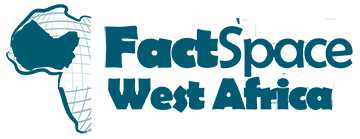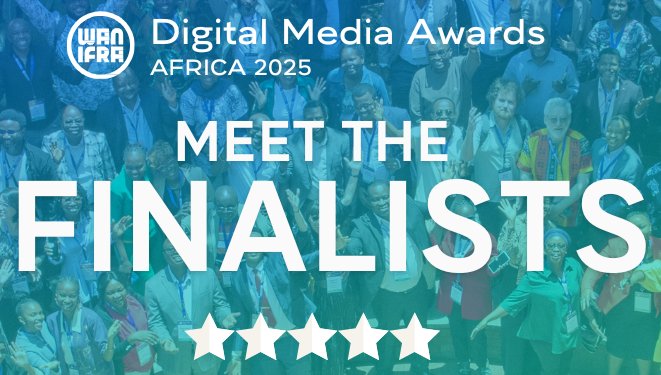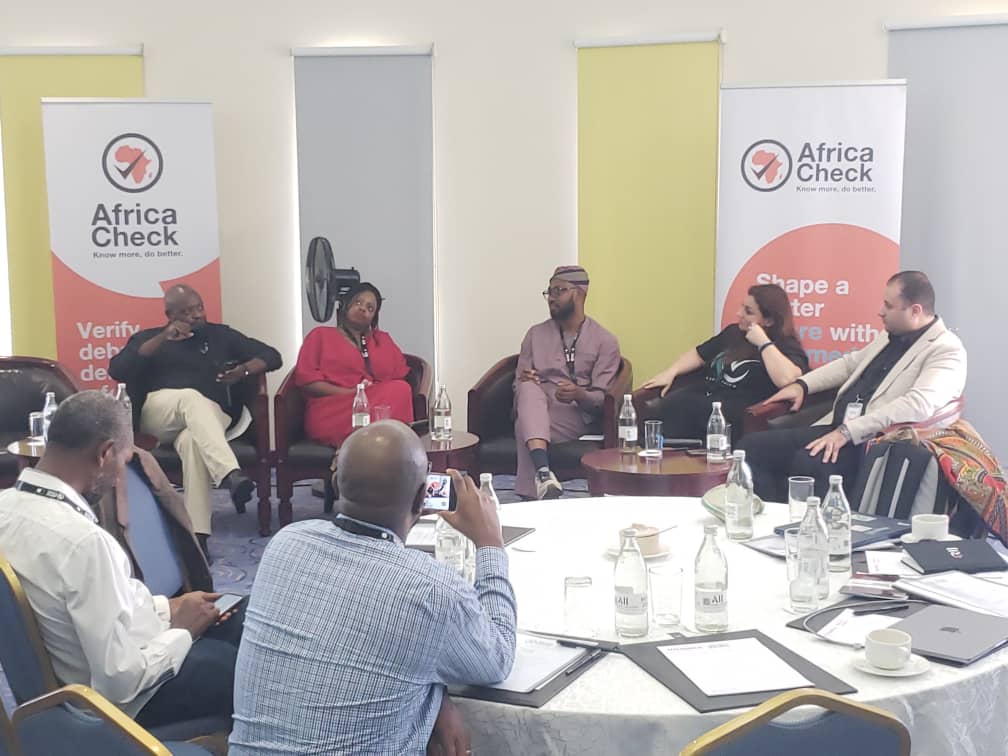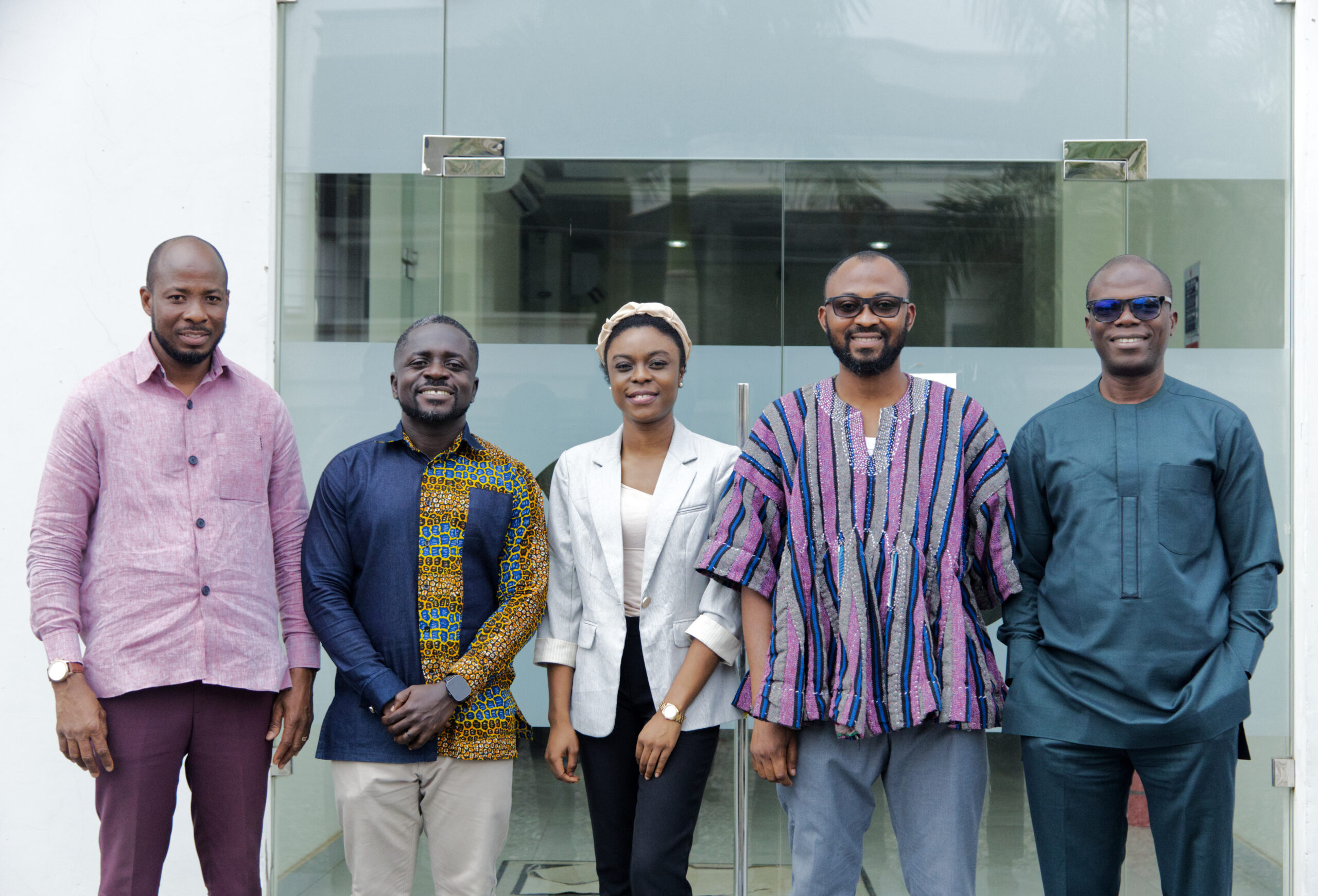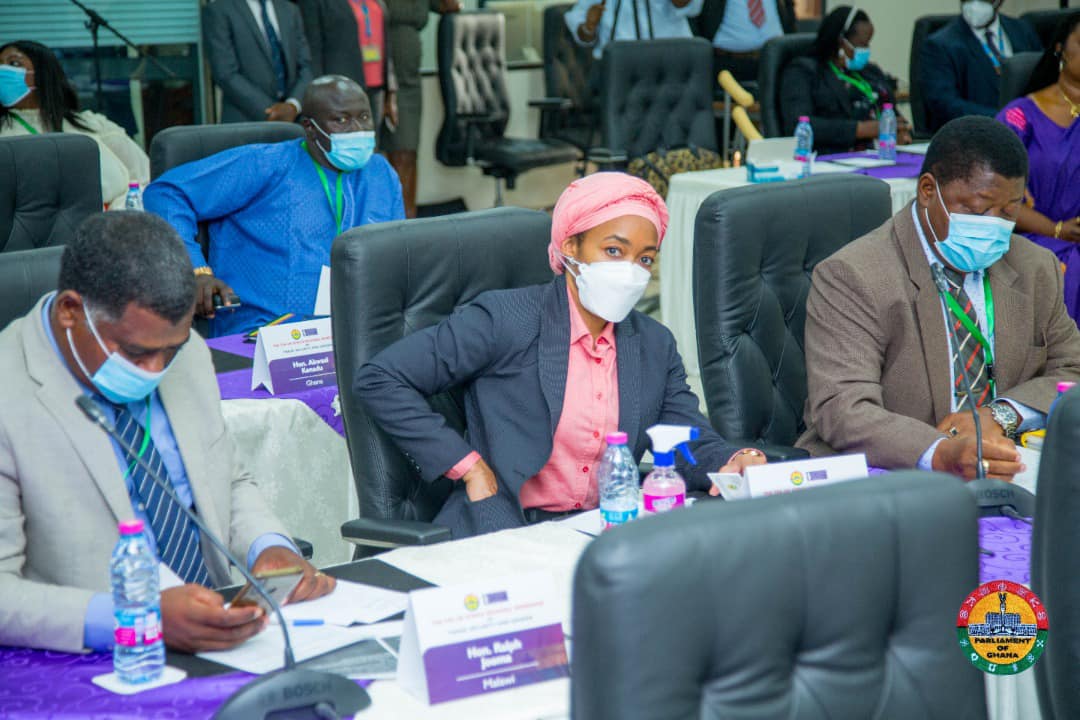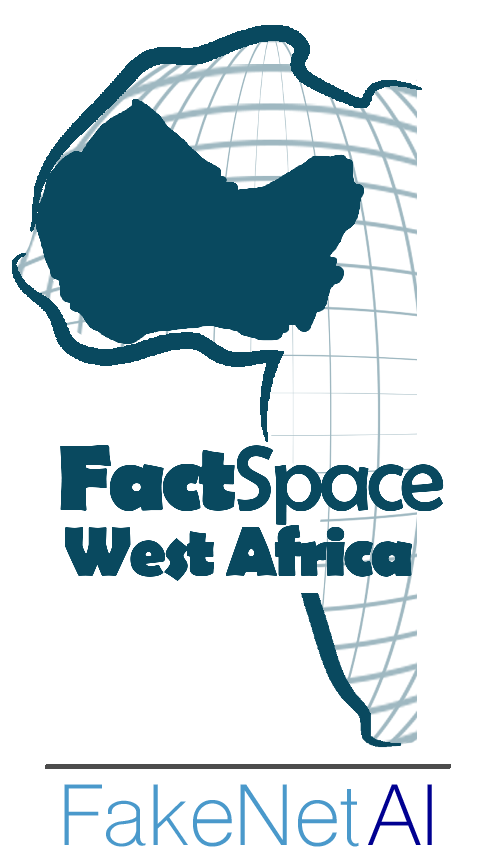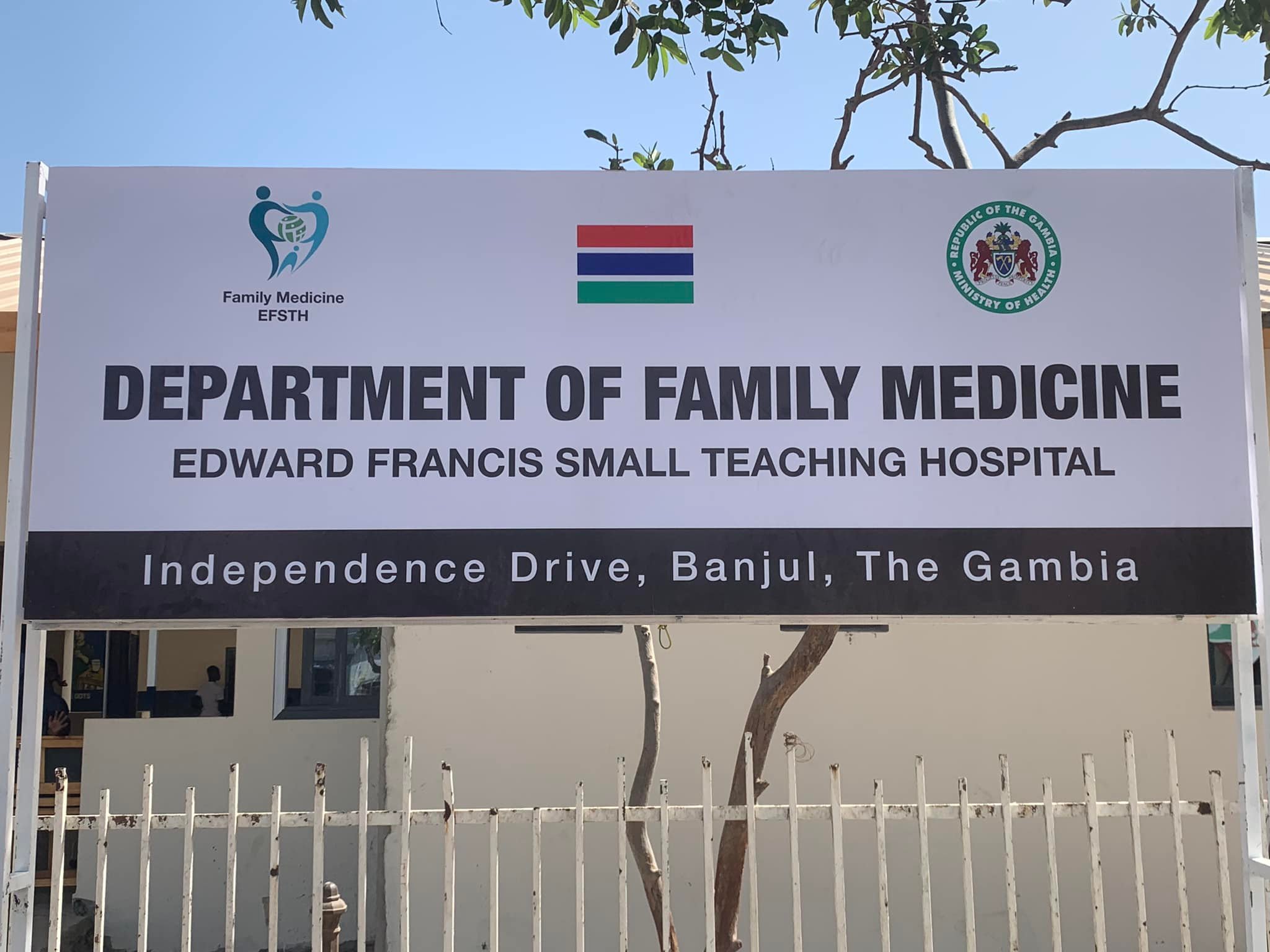FactSpace West Africa has been shortlisted by the World Association of Newspapers and News Publishers in the Best Fact-Checking Project category of the upcoming Digital Media Awards Africa 2025.
The Ghanaian fact-checking organisation’s DisinfoLab project has been nominated along with two other contenders, Palesa’s Brave Discovery project by South Africa’s Food for Mzansi Group and Elections 2024: News24 debunks disinformation and fact-checks misinformation project by the News24 Group, also based in South Africa.
The winners will be announced on April 7, 2025.
In 2020, FactSpace West Africa’s GhanaFact project came second in the Best Project for News Literacy category in that year’s edition of the Africa Digital Media Awards by WAN-IFRA.
The winners of the main categories in the continent-wide awards would be expected to compete at the global level during the Digital World Media Awards at World News Media Congress 2025, scheduled for 4 – 6 May.
Other categories that are keenly being contested include Best Data Visualization, Best in Audience Engagement, Best Newsletter, Best Use of Video, Best Digital Subscription Initiative, Best Digital Innovative Product, Best Use of AI in the Newsroom and Best Relaunch of Digital Platform.
In an announcement of finalists for the awards, the organizers stated: “These outstanding projects have excelled in journalism, digital products and monetisation initiatives.
“Once again, the region proves its commitment to creating inspiring projects that engage and inform its audiences. Whilst not all competing initiatives made it to the final, the exceptional quality of their people and work remains undeniable.”
About the FactSpace DisinfoLab project
In 2024, Factspace West Africa launched a DisinfoLab project that focuses on leveraging Social Media Analytics (SMA) – an interdisciplinary research area concerned with developing, adapting, and extending informatics tools, frameworks, and methods to track, collect and analyze a large amount of structured, semi-structured, and unstructured social media data to extract useful patterns and information – to tell stories.
It involves collecting and processing publicly available content from social media platforms, including text, videos, and images, to generate valuable insights that support evidence-driven decision-making.
Together with our partners at the Centre for Analytics & Behavioural Change (CABC), we set up social listening queries on major conversations around social and political divisions, social justice, and public health and safety across our focus countries – Ghana, Sierra Leone, Nigeria, Liberia, and The Gambia.
Find some of the reports produced – here, here, and here.
